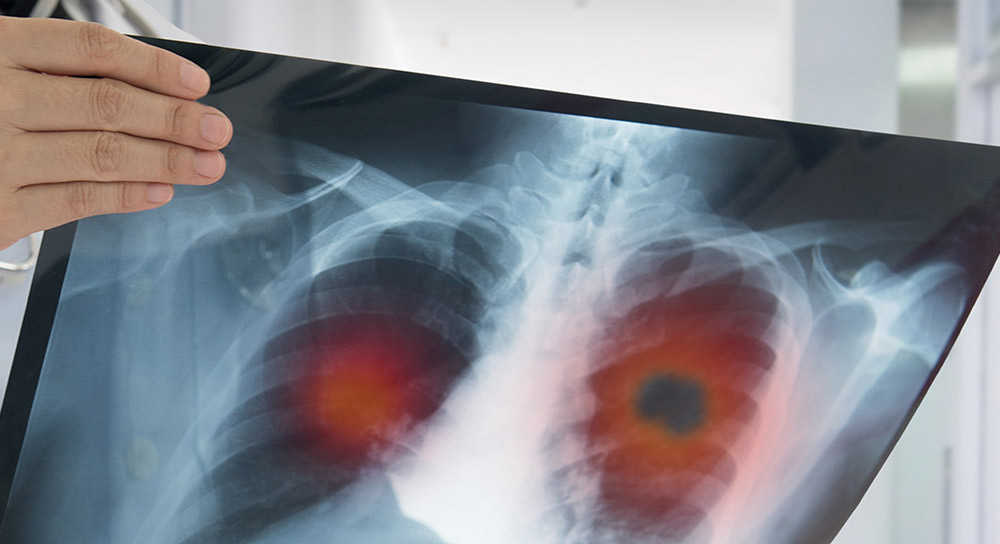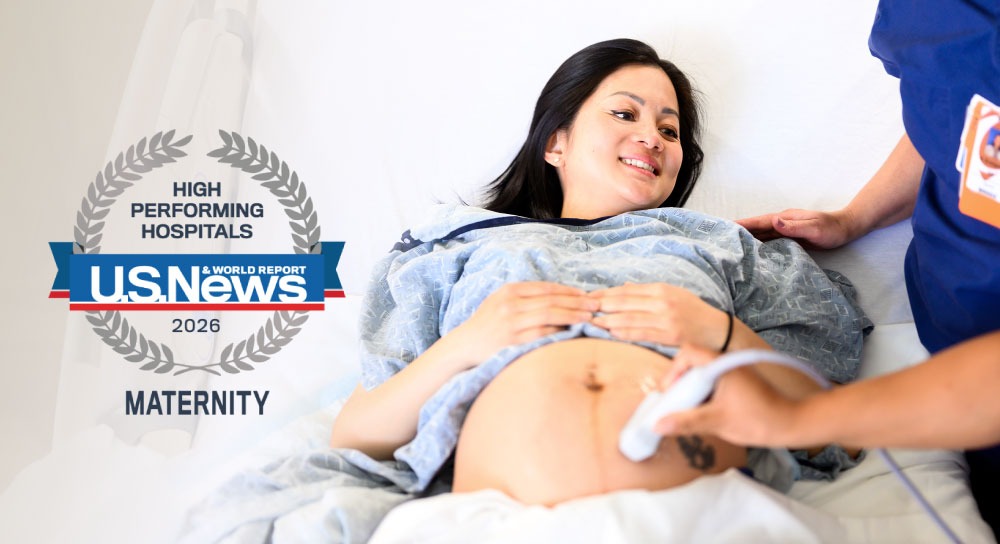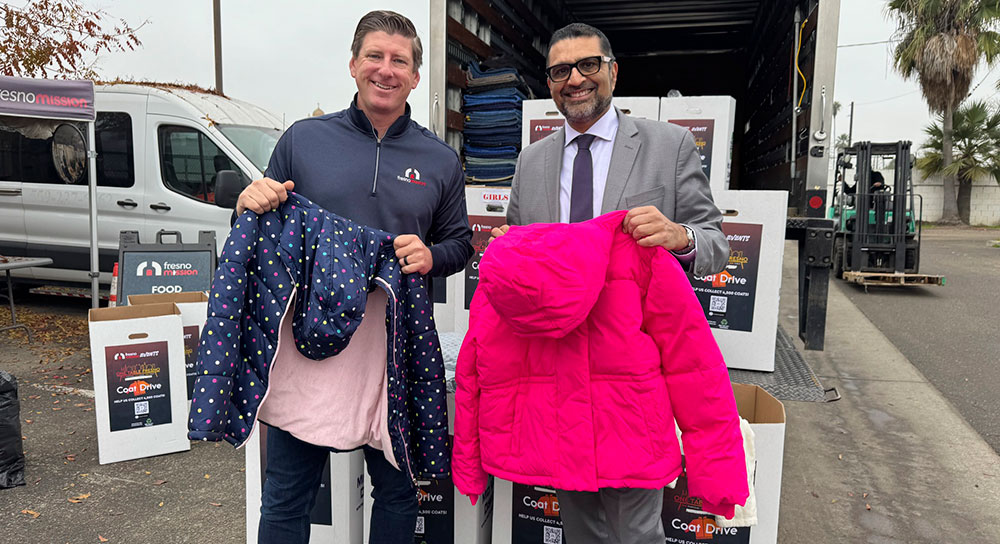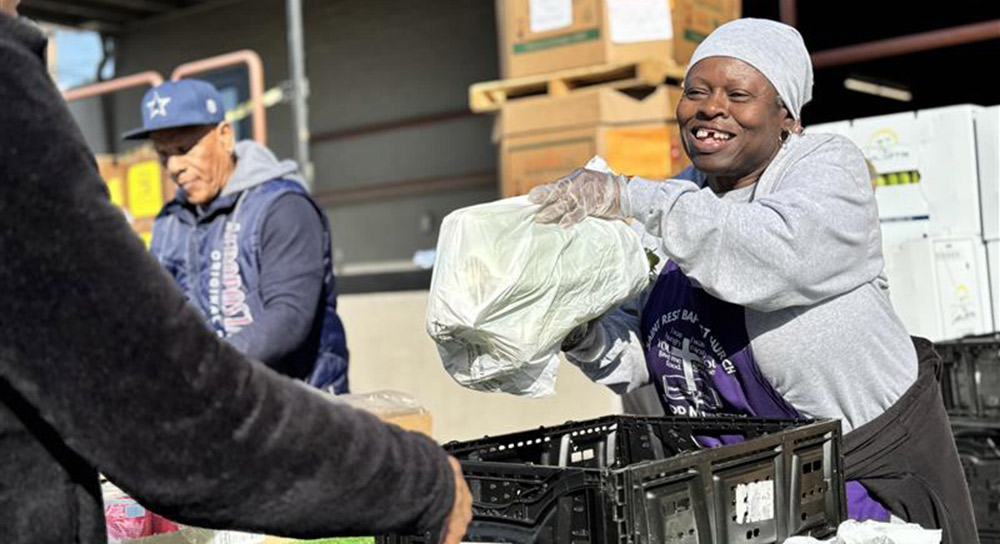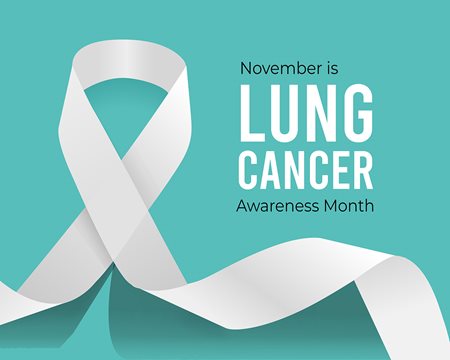 “If you live in Fresno County, the air you breathe may put your health at risk.” That’s the assessment of the American Lung Association, which grades our air quality as “F” for high ozone levels, “F” for 24-hour particle pollution levels and “fail” for annual levels of particle pollution.
“If you live in Fresno County, the air you breathe may put your health at risk.” That’s the assessment of the American Lung Association, which grades our air quality as “F” for high ozone levels, “F” for 24-hour particle pollution levels and “fail” for annual levels of particle pollution.
The American Lung Association is one of many advocacy groups supporting policies to improve air quality and reduce the risk of lung cancer. Detecting lung cancer early can mean the “difference between life and death,” said the Lung Association. Early detection has been shown to reduce the lung cancer death rate by up to 20%.
That message resonates particularly well during November, which is Lung Cancer Awareness Month. Cancer is the second leading cause of death in the U.S., and lung cancer is the type of cancer most people die from, according to the American Cancer Society.
Are you at high risk for lung cancer?
If you smoke or are exposed to second-hand smoke, you are at a higher risk for lung cancer than nonsmokers. According to the Centers for Disease Control and Prevention, cigarettes are linked to about 80% to 90% of lung cancer deaths.
Symptoms of lung cancer can include coughing (often with blood), wheezing, headaches, weight loss or chest pain. If you have any of these symptoms or are in a high-risk category because you smoke, your doctor may recommend a lung cancer screening.
Even if you don’t have symptoms (but may be at risk), screening can help detect lung cancer in its early stages, when it’s more treatable, said the CDC.
Early detection is key to successful treatment
The Lung Program at Community Medical Centers, in affiliation with UCSF Fresno, is one of the largest programs in the nation focused on early diagnosis and expedited treatment of lung cancer.
To screen for lung cancer, your doctor will order a low-dose computed tomography (CT scan), which captures a picture of your lungs. When a CT screening test result is abnormal, your doctor may recommend removing a bit of lung tissue for testing (a biopsy).
Community Regional is the first hospital in the Valley to offer “robotic-assisted bronchoscopy,” a procedure where specially trained Interventional pulmonologists use the Monarch platform, a robotic technology, to perform minimally invasive biopsies as an alternative to surgery.
Doctors at Community Regional started using Monarch in 2019. Two of the system’s doctors have been trained so far.
With the Monarch platform, the doctor guides a scope down the patient’s trachea, or windpipe, using a handheld controller. The scope has an integrated camera that allows doctors to reach far into the lung with various biopsy tools to take tissue samples.
“This is very important because we’ve never been able to get into the periphery of the lungs with vision and watch our tools work,” said Lisa Avalos, RN, director for endoscopy at Community Medical Centers. More than 250 patients have already benefited from Community Regional’s use of the Monarch platform, she said.
“With the Monarch procedure, we can do diagnosis and staging simultaneously with just anesthesia instead of a two-stage process where the patient is biopsied and has to return weeks later for staging,” she added. Staging generally refers to how large a tumor is and how far it has spread. This is generally determined with follow-up imaging.
If you’re at high risk, consider an annual screening for lung cancer
According to the American Lung Association, screening high-risk individuals with low-dose CT scanning could reduce deaths from lung cancer by 14% to 20%.
To find out if you’re a candidate for Community Cancer Institute’s early detection lung screening program, visit our website or call (559) 224-LUNG (5864).



